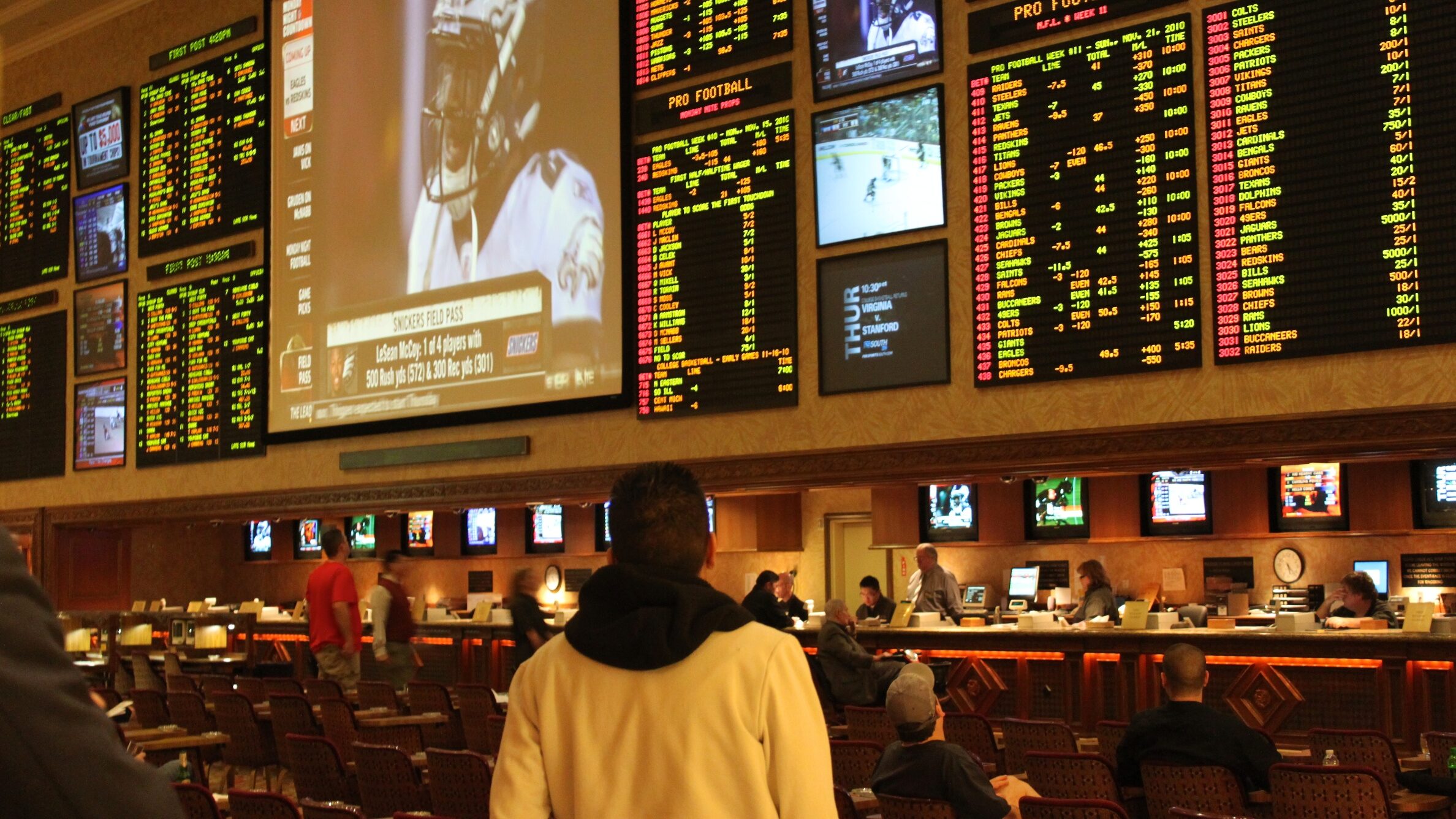
On June 17, the U.S. Supreme Court declined to review a legal challenge to the Seminole Tribe’s compact with Florida, granting the tribe exclusive rights to handle online sports betting. The court upheld the Seminole Tribe’s gaming agreement with Florida because it found it acceptable under the Indian Gaming Regulatory Act (IGRA).
The IGRA provides a framework for Native American tribes to offer gambling on their reservations. This includes Class III games, which cover various ‘games of chance’ like table games, slot machines, and sports betting.
The Supreme Court’s decision to stay out of the Seminole Tribe’s case has big implications for sports betting in the U.S., especially how it relates to Native American gaming. It highlights the need for clear rules as the industry grows, but is already paving the way for other Indian tribes across the country to explore online gaming opportunities.
Tribes in Other States Already Entering into Agreements
In Michigan, Connecticut, and Arizona, tribes have entered into commercial agreements with the state and operators to participate in online gaming. By leveraging compacts under the Indian Gaming Regulatory Act (IGRA), tribes can safeguard their online presence from undue influence by commercial operators.
Under the tribal-state compact, tribes can collaborate with commercial entities like DraftKings or FanDuel, despite the exclusivity provision. However, any agreement to break exclusivity requires the tribe to retain at least 60% of the revenue, discouraging non-tribal participation.
This approach ensures that tribal interests remain at the forefront, rather than being overshadowed by external entities. It’s a positive step toward maintaining tribal sovereignty in the evolving landscape of online gaming.
California Among States Still Deciding Next Move
Indian Gaming Association (IGA) Executive Director Jason Giles and IGA conference chair Victor Rocha hosted a webcast discussion on the aftermath of the Supreme Court decision. They were joined by Tribal gaming attorney Scott Crowell and California Nations Indian Gaming Association (CNIGA) Chairman James Siva.
Crowell did not hold back when asked about the situation. “The problem I have is with the major operators, who have used the state-law models to create a rent-a-tribe scheme,” Crowell said. “We’re going to give you some crumbs but we’re going to take the majority of the revenue. … This is a far better model, and I hope the reality sets in with the operators that this notion that they come in … and rent a tribe’s license and have the tribe sit over on the sideline, that’s not going to happen.”
The Future of Online Sports Betting
Minnesota tribes have been pursuing a commercial agreement with the state for online sports betting. However, the model would grant commercial operators free-market flexibility to negotiate deals with the 11 Minnesota tribes. Crowell suggests that Minnesota tribes explore the Seminole model and consider online sports betting under IGRA.
He thinks New Mexico and Wisconsin should also consider the move.
California is also in the mix. California tribes could pursue online sports betting. If that happens, it would significantly boost the US gaming industry. Keep in mind that the process isn’t straightforward, but it’s an exciting development for the industry.
While cooperation, political maneuvering, and legislation will be time-consuming, some experts think that legalizing online sports betting in California won’t happen for at least the next five to seven years. However, if the state eventually legalizes it, the recent Florida-Seminole Tribe decision could play a crucial role, benefiting all industry stakeholders.














